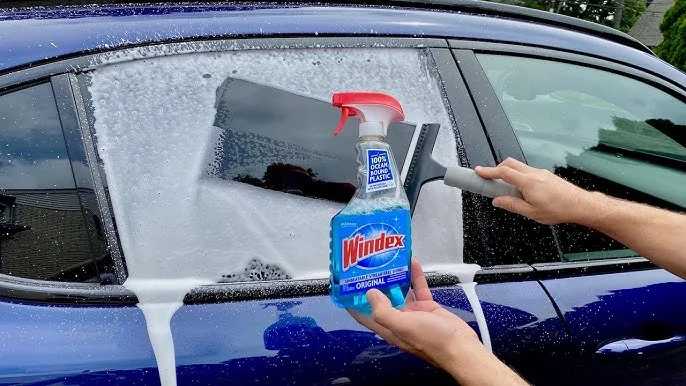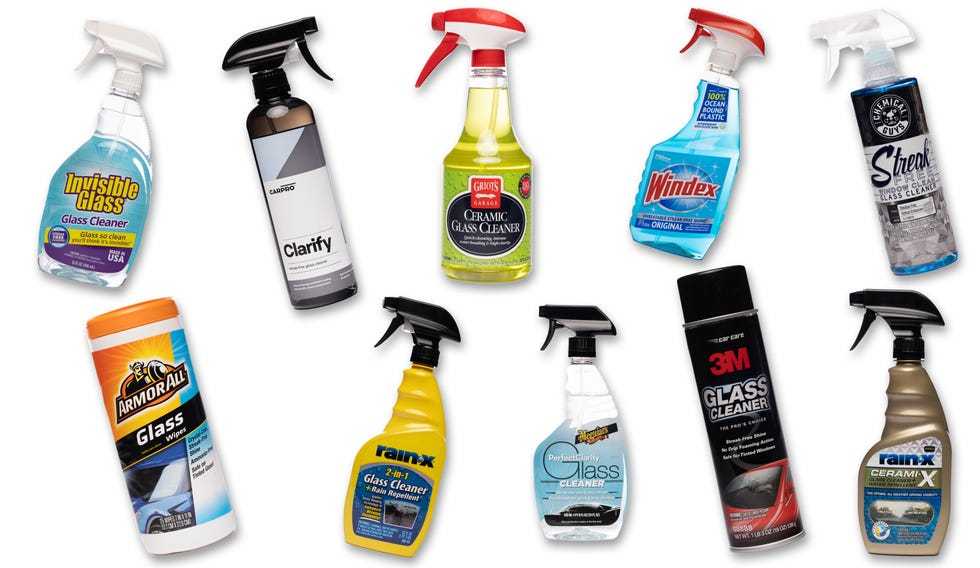Yes, car window tint can block UV rays, but not all tints are created equal. High-quality window films can significantly reduce UV radiation, protecting your skin and interior from damage. It’s important to choose the right type of tint for the best protection.
In short, most car window tints do block a considerable amount of UV rays, especially those designed with UV-blocking properties. However, the level of protection varies depending on the tint’s material and quality. Properly selected and installed, window tint can be an effective shield against harmful ultraviolet rays, keeping you safer on the road and prolonging the life of your vehicle’s interior. Now, let’s explore how different types of window tint work and what to look for to maximize your UV protection.
Does Car Window Tint Block UV Rays? A Complete Guide
Understanding UV Rays and Their Impact
Ultraviolet (UV) rays are a part of sunlight that can harm your skin and eyes. They are invisible to the naked eye but are responsible for sunburns and skin aging. UV rays are divided into UVA, UVB, and UVC, with UVA and UVB reaching the Earth’s surface and affecting us the most.
Extended exposure to UV rays can cause skin cancer and eye damage over time. Protecting yourself inside your vehicle is essential, especially during long drives or daily commutes. Car window tinting offers a way to shield your skin and eyes from these harmful rays effectively.
Do All Car Window Tints Block UV Rays?
Not all window tints are created equal when it comes to blocking UV rays. Some historical or cheaper tints only provide shade or appearance benefits but do not block UV radiation effectively.
High-quality window films are designed to filter out a significant percentage of UV rays, often exceeding 99%. These tints contain special properties or UV-blocking layers that prevent UV radiation from passing through the glass into your vehicle.
Types of Car Window Tints and Their UV Protection Capabilities
There are several types of window tints, each with different levels of UV ray protection. Here’s a quick overview:
| Type of Tint | UV Ray Blocking Effectiveness | Common Uses |
|---|---|---|
| Dyed Window Tint | Moderate, less effective at UV blocking | Cost-effective, provides privacy |
| Metalized Window Tint | Good, blocks a majority of UV rays | Reduces glare and improves privacy |
| Carbon Window Tint | High, excellent UV protection | Durable, maintains color over time |
| Ceramic Window Tint | Very high, blocks up to 99% or more UV rays | Optimal UV and IR protection, preserves visibility |
Choosing the right tint depends on your needs for UV protection, budget, and aesthetic preferences.
How Do Window Tints Block UV Rays?
Window tints block UV rays by incorporating special materials or coatings that absorb or reflect these rays.
Metalized and ceramic tints contain particles that can absorb UV radiation, preventing it from passing through glass. Ceramic films, in particular, use non-metallic, ceramic-based technology that provides high UV protection without interfering with electronic signals.
This process ensures that skin and eyes are shielded, reducing the chance of sunburn and long-term damage while you are inside the vehicle.
The Effectiveness of Different Window Tints in UV Protection
Research shows that:
- Standard dyed films typically block about 30–50% of UV rays.
- Metalized and carbon films can block 70–90% of UV radiation.
- Ceramic films often block more than 99% of UV rays.
This wide range emphasizes the importance of selecting a high-quality tint if UV protection is a priority.
Legal Limits and Regulations for Car Window Tints
Many states and countries regulate how dark or reflective your window tint can be. These laws are designed to ensure safety and visibility for law enforcement.
Typically, front side windows must allow a certain percentage of light in, often called the Light Transmittance Percentage.
High-quality UV-blocking tints, like ceramic films, can still meet these legal limits while providing excellent UV protection. Always check your local regulations before choosing a tint.
Benefits of Using UV-Blocking Car Window Tints
Car window tints that block UV rays offer numerous advantages, including:
- Protection against harmful UV rays, reducing skin damage and eye strain
- Lower risk of skin cancer with consistent UV protection
- Reduced glare for safer driving
- Protection of your vehicle’s interior by preventing fading and cracking
- Enhanced privacy and security
These benefits make UV-blocking tints a popular choice among drivers who spend a lot of time on the road.
Factors to Consider When Choosing UV-Blocking Window Tints
Selecting the right tint involves considering several factors:
- UV Protection Level: Look for films that explicitly mention high UV rejection rates.
- Legal Compliance: Ensure the tint complies with local laws regarding darkness and reflectivity.
- Cost and Durability: Higher-quality films last longer and provide better protection, but may be pricier.
- Visibility and Clarity: Choose a tint that offers optimal UV protection without impairing visibility.
Discuss your options with a reputable professional installer to find the best solution for your needs.
Additional Tips for Effective UV Protection
To maximize UV protection inside your vehicle:
- Combine tinted windows with sunscreen on exposed skin when outside the car.
- Use UV-protective sunglasses for added eye protection.
- Keep windows clean to ensure the tint functions properly.
- Regularly check the condition of your tint and replace if it peels or becomes damaged.
These practices enhance your overall safety and protect your health.
Potential Limitations of Car Window Tints
While high-quality tints can block almost all UV rays, no film is 100% effective in all situations.
Factors such as tint quality, age, and how the film was applied influence performance. Some lower-grade films may degrade over time, reducing UV protection.
Always ask your installer about the specific UV protection capabilities of their products and warranties.
Summary of UV Blocking Capabilities by Tint Type
To help you quickly compare, here’s a simple overview:
- Dyed Films: Moderate UV protection, affordable
- Metalized Films: Good UV protection, glare reduction
- Carbon Films: High UV protection, durable
- Ceramic Films: Near-complete UV blocking, optimal clarity
Choosing the right film depends largely on your specific needs for UV shielding and budget.
Final Thoughts on Car Window Tint and UV Rays
High-quality window tinting is a practical way to **reduce UV exposure** while inside your vehicle. Particularly, ceramic and carbon films provide the highest level of UV protection, blocking nearly all harmful rays.
Always consider local regulations, your budget, and your safety needs when selecting a tint. Properly installed, UV-blocking tints will help protect your skin, your eyes, and your car’s interior for years to come.
CARBON VS CERAMIC TINTS EXPLAINED!
Frequently Asked Questions
How effective is car window tint in blocking UV rays?
Car window tints are designed to block a significant portion of ultraviolet rays, typically filtering out about 99%. This protection helps prevent skin damage and reduces fading of the vehicle’s interior. The effectiveness depends on the type and quality of the tint used, with higher-quality films providing better UV protection.
Can all types of window tint provide UV protection?
Not all window tints offer the same level of UV protection. Metallic and ceramic films often provide superior UV blocking capabilities compared to dyed tints. When selecting a tint, check the product specifications to ensure it offers adequate UV ray protection, especially if UV defense is a priority for you.
Does the color or darkness of the tint influence its ability to block UV rays?
The darkness or color of window tint does not necessarily determine its UV blocking ability. Some darker tints may block UV rays effectively, but the primary factor is the type and quality of the film. Always verify the UV protection rating provided by the manufacturer rather than relying solely on the tint’s appearance.
Are there legal restrictions on UV-protective car window tints?
Many regions regulate the level of tint darkness allowed on vehicle windows, but these laws often do not specify UV protection standards. It’s important to choose a tint that complies with local regulations while still providing the UV blocking benefits you want. Certified films that meet legal standards typically include UV protection as a key feature.
How can I verify if my car window tint blocks UV rays effectively?
You can have your window tint tested with a UV meter at an automotive or specialty tinting shop. Some manufacturers include UV protection ratings on their products, so reviewing these details can also help ensure the tint offers the desired UV blocking capability. Regular testing can confirm continued effectiveness over time.
Final Thoughts
Car window tint provides a layer of protection against UV rays, reducing exposure inside your vehicle. Many high-quality tints are designed specifically to block harmful ultraviolet radiation. This feature helps protect your skin and prevents your car’s interior from fading.
Does car window tint block UV rays? Yes, many tints do block a significant portion of UV rays when properly applied. Always check the specifications to ensure your chosen tint offers effective UV protection.



